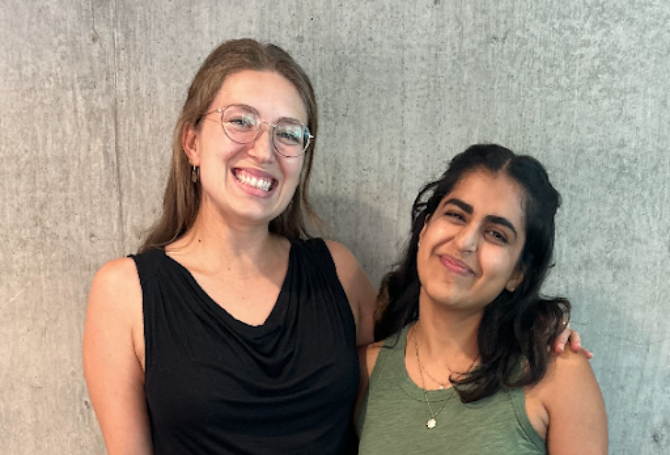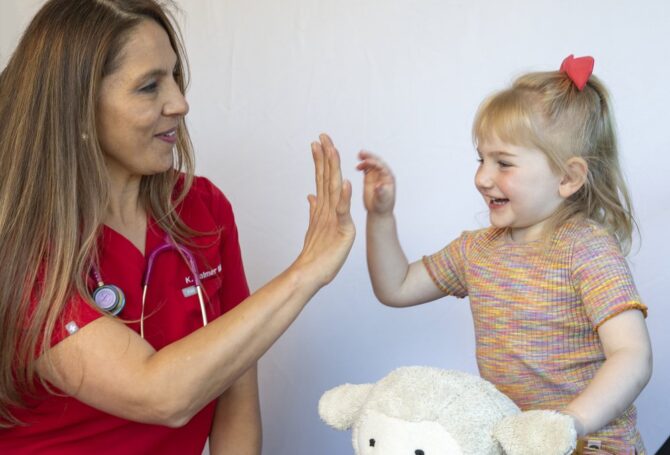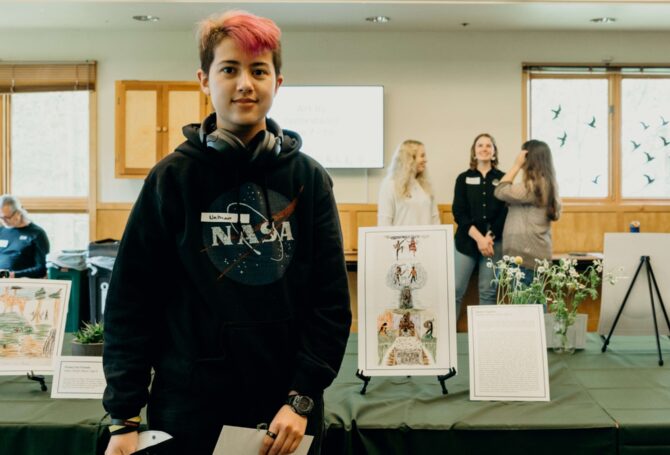August 27, 2020
There is SOOOO much information out there about Coronavirus (COVID-19)—some of it based in science and experience, some of it born from fear or misinformation. Youth and young adults already know many of the basic facts about the virus, how to wear masks, wash their hands, and stay physically distanced. However, it is very difficult for all of us, regardless of age, to change behavior and be 100% compliant with rules and recommendations for keeping everyone safe.
Pediatricians encourage conversations about safety, but also about how we can best address the struggles associated with this unusual time and the changes that come with it. These are great topics for the dinner table, in the car, and yes, even on our virtual meetings and hang-outs.
Below is a list of some rumors you may have heard about COVID-19 and the facts to the best of pediatric medicine’s knowledge as of August 2020.
 Myth: I can only exercise when wearing a mask
Myth: I can only exercise when wearing a mask
Fact: Whenever safe and possible with exercise and sports, athletes should wear a face covering. This helps protect you and your teammates when you are close to each other or spectators, or are sharing equipment. Exceptions include when you are in the water or can stay least six feet away from other people.
Although masks should not prevent you from being able to breathe, it can make it more difficult to take deep breaths when actively exercising. So, while face coverings are not recommended when you are exercising and breathing hard, maintaining physical distance from others is even more important then. If you can’t wear a mask while exercising, consider going to a location that has the most ventilation, such as being outdoors rather than indoors. https://www.cdc.gov/coronavirus/2019-ncov/prevent-getting-sick/cloth-face-cover-guidance.html
Myth: If I get COVID-19 I will likely die
Fact: Most people who become infected with COVID-19 do recover. If you have illness symptoms (difficulty breathing and fever) we recommend contacting your healthcare office by telephone to review your need to be seen. https://www.cdc.gov/coronavirus/2019-ncov/if-you-are-sick/index.html
Myth: Drinking alcohol will burn away the COVID virus and keep me from becoming sick.
Fact: Alcohol, bleach, other cleaning products do NOT protect you from getting sick and do NOT kill COVID. And these items can be VERY dangerous to your health. https://www.who.int/emergencies/diseases/novel-coronavirus-2019/advice-for-public/myth-busters
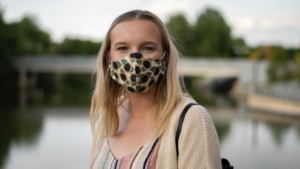
Myth: Eating more garlic and hot peppers will prevent me from getting COVID-19.
Fact: If you like the taste of garlic and peppers then go ahead and eat them! However, there are no foods that can prevent or cure COVID-19. The best way to keep yourself healthy is to get vaccinated against COVID if you are eligible; wash your hands; keep a minimum distance of 6 feet between yourself and others outside your regular household; stay hydrated; eat a balance of all food groups; and include exercise and adequate sleep into each day. https://www.who.int/emergencies/diseases/novel-coronavirus-2019/advice-for-public/myth-busters
Myth: Sunbathing daily or exposing myself to hot temperatures or hot baths will prevent me from catching COVID-19.
Fact: Hot temperatures or sun exposure do NOT kill or prevent COVID-19. Instead it could lead to significant sunburns or dehydration which could lower the ability of your immune system to fight off disease. https://www.who.int/emergencies/diseases/novel-coronavirus-2019/advice-for-public/myth-busters
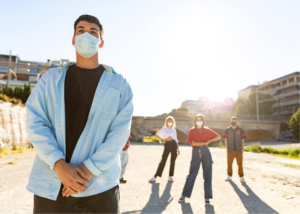 Myth: I can still kiss someone on the mouth and not get infected as long as I hold my breath while lips are touching.
Myth: I can still kiss someone on the mouth and not get infected as long as I hold my breath while lips are touching.
Fact: Unfortunately, this is false. If you are within 6 feet of another person and without a mask, touching lips or just talking, there is equal likelihood to be exposed to COVID-19.
Myth: No one in my life has COVID and everyone I know is “healthy”, therefore, I do not need to wear a mask.
Fact: Viruses are sneaky and can be present and spread even without anyone feeling sick. (https://www.cdc.gov/coronavirus/2019-ncov/prevent-getting-sick/cloth-face-cover-guidance.html)
People we love may have pre-existing medical conditions or a higher risk of getting more sick from COVID that we don’t even know about. Even though mask-wearing can protect the wearer, the best reason for wearing a mask is that it can protect others. If you ever think, “maybe I don’t need a mask for this,” ask yourself “how would I feel if I accidentally gave this person COVID-19?”
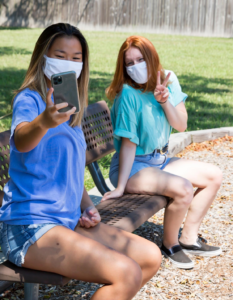 Myth: I will never see my friends again because of physical distancing recommendations.
Myth: I will never see my friends again because of physical distancing recommendations.
Fact: Friendships are so valuable and contribute positively to our mood and social growth. And this pandemic will eventually end. But for now, having conversations with your family and your friends around exposure risk and alternative ways for you to hang-out would be recommended. For example, if found to be minimal risk (your family is staying home, there are no family members with high-risk medical conditions in either family), then maybe 1:1 friend hang-outs with 6-foot distancing and mask use could be okay but this is a case-by-case basis and needs planning before doing. https://www.cdc.gov/coronavirus/2019-ncov/need-extra-precautions/index.html
Youth and young adults care deeply about the wellbeing of their friends, family members, and society. None of us would ever want to be responsible for causing harm to another person, especially by passing on a virus. Change is difficult. Wearing something on our faces (a mask) and being physically distanced from our friends and neighbors is very challenging. Engaging in planning discussions and making new behavioral routines around making these adjustments is the #1 piece of advice that we give to families and teens. Get or make a really awesome mask that your friends will be super impressed with, which will encourage them to get some of their own. Have multiple masks for home and the car. Devise a mask “carrier” that clips to a belt buckle, or can fit in a pocket or a bag. Plan to have social interactions limited to 1 or 2 people instead of large groups, and plan for them to be outside to encourage social distancing. Finally, acknowledge that it is okay to be frustrated with this virus and pandemic. This is hard! We also remind ourselves that being tired of this virus does NOT make it go away, and it is still a very real threat. To return to all the activities and people which make our lives so full, we all have to step up and do our part. Stay strong, and remind yourself why YOU mask.
8/27/20
Megan Jacobs, MD, MSCS and Jessica Serrano, MD, MPH, are Adolescent Medicine Pediatricians at Oregon Health & Science University.

